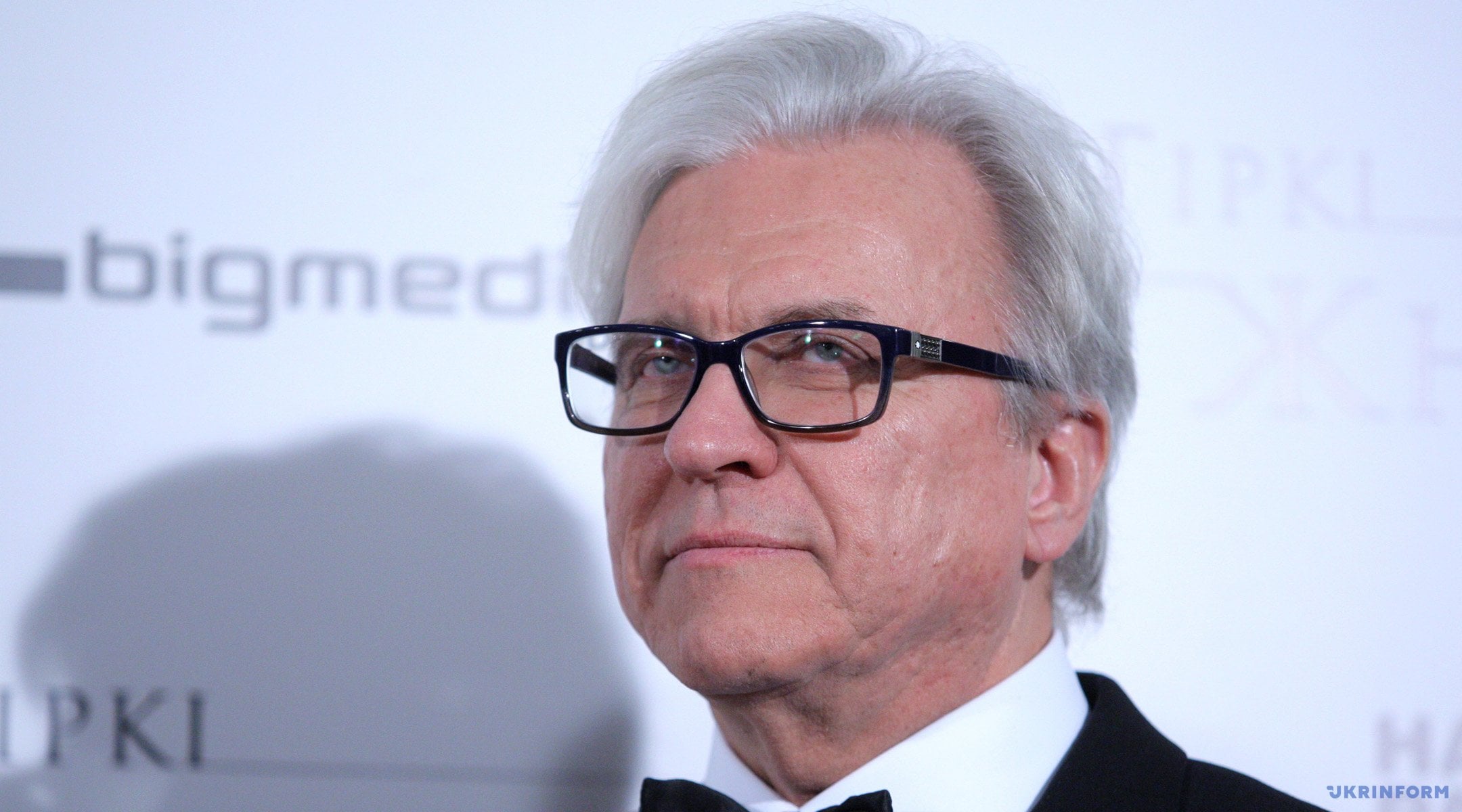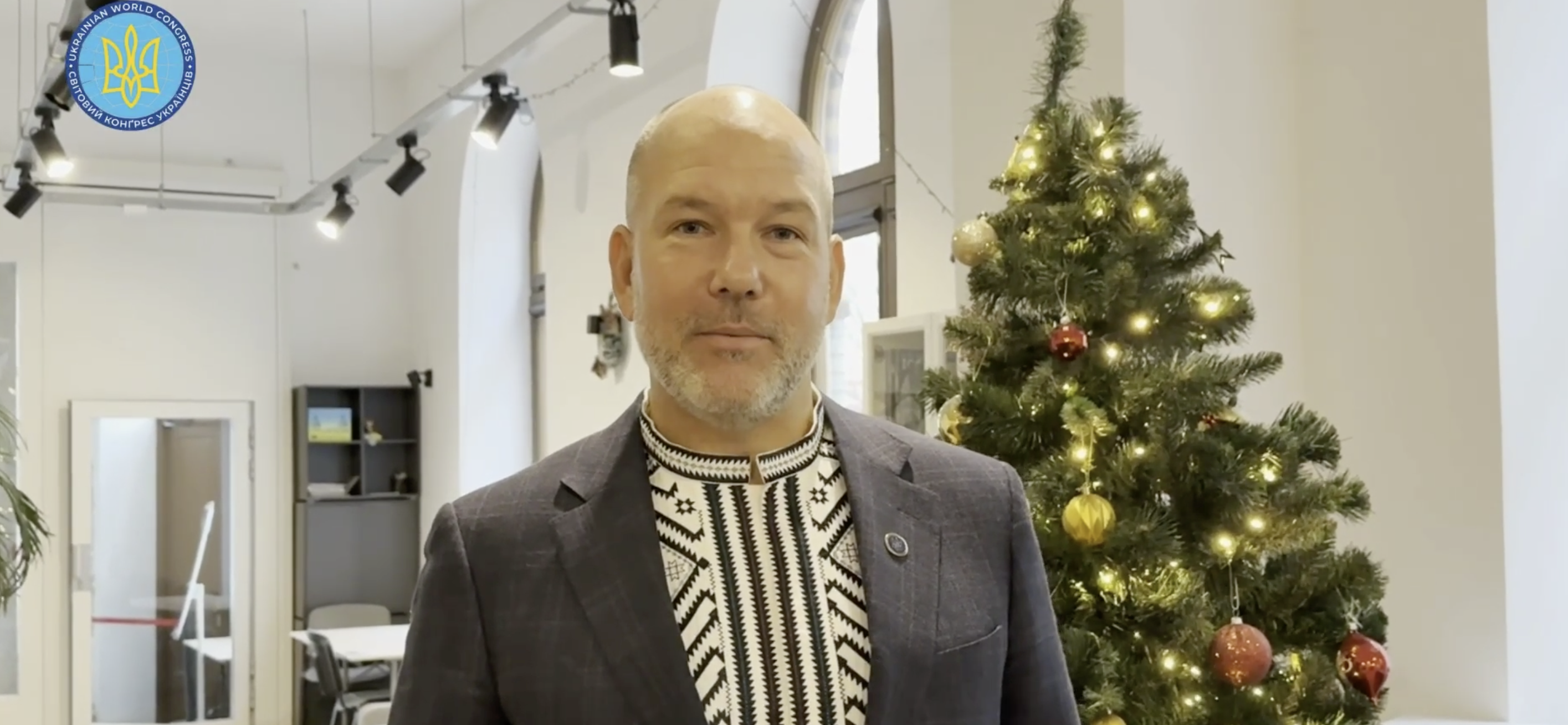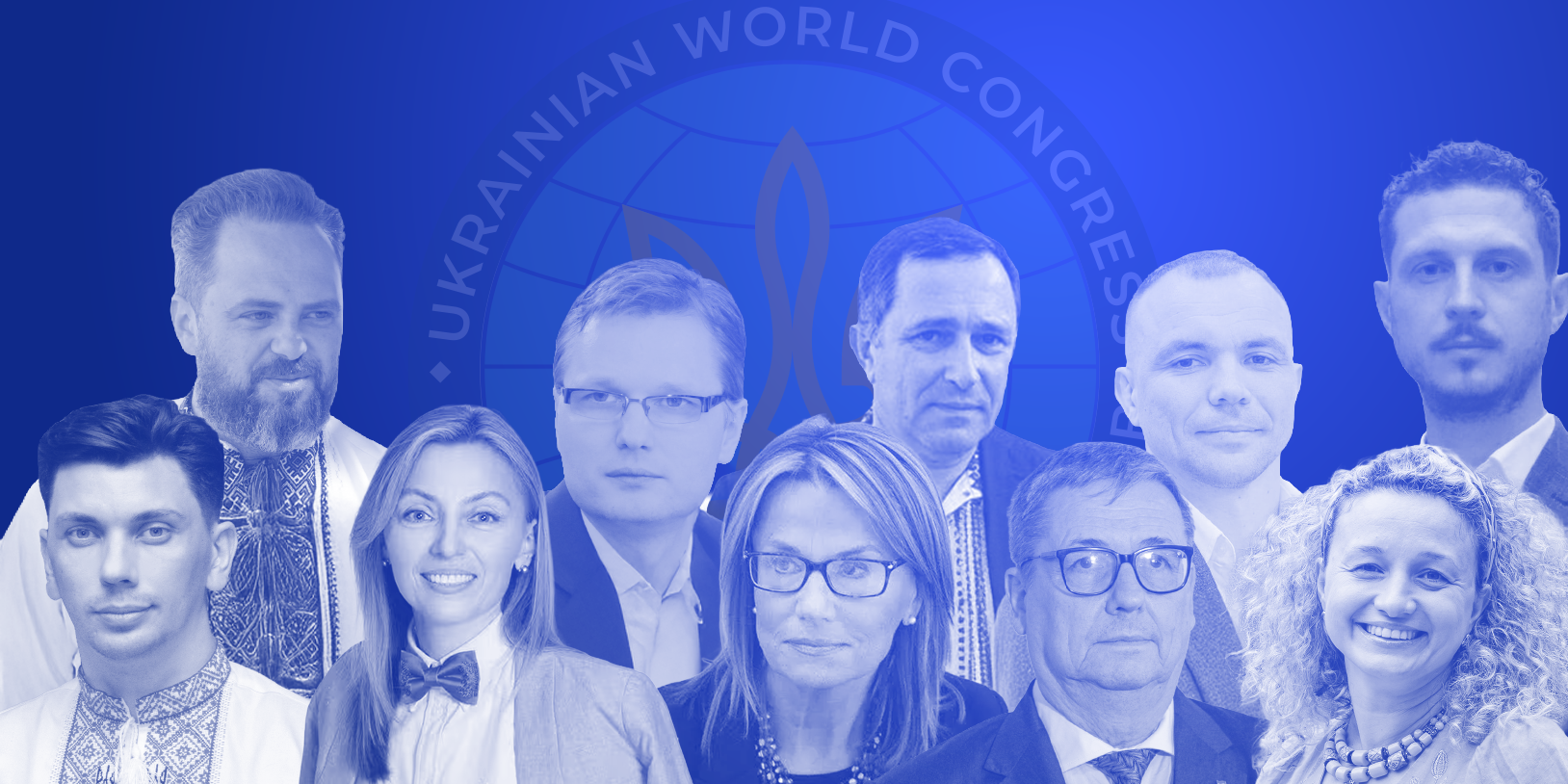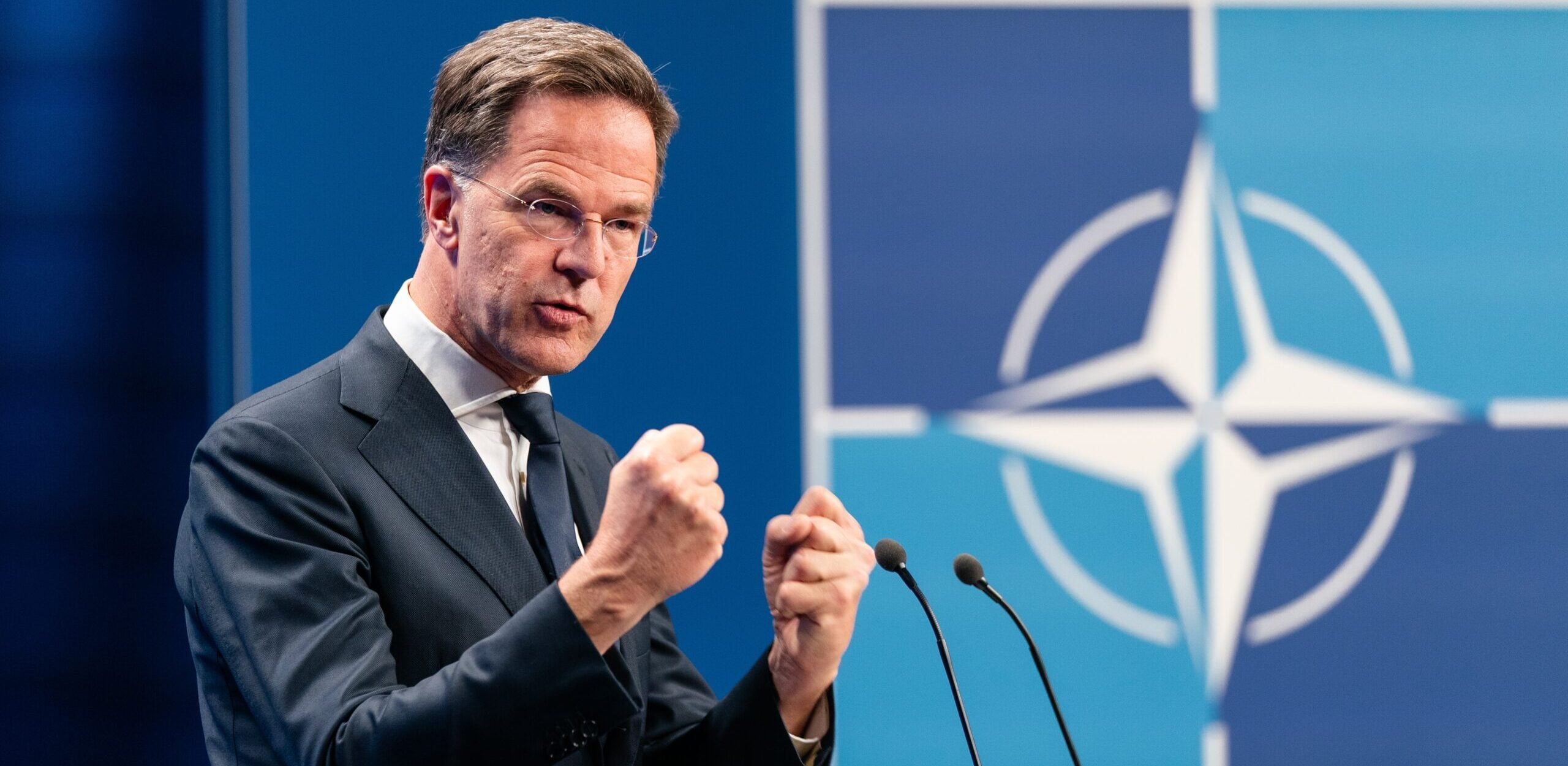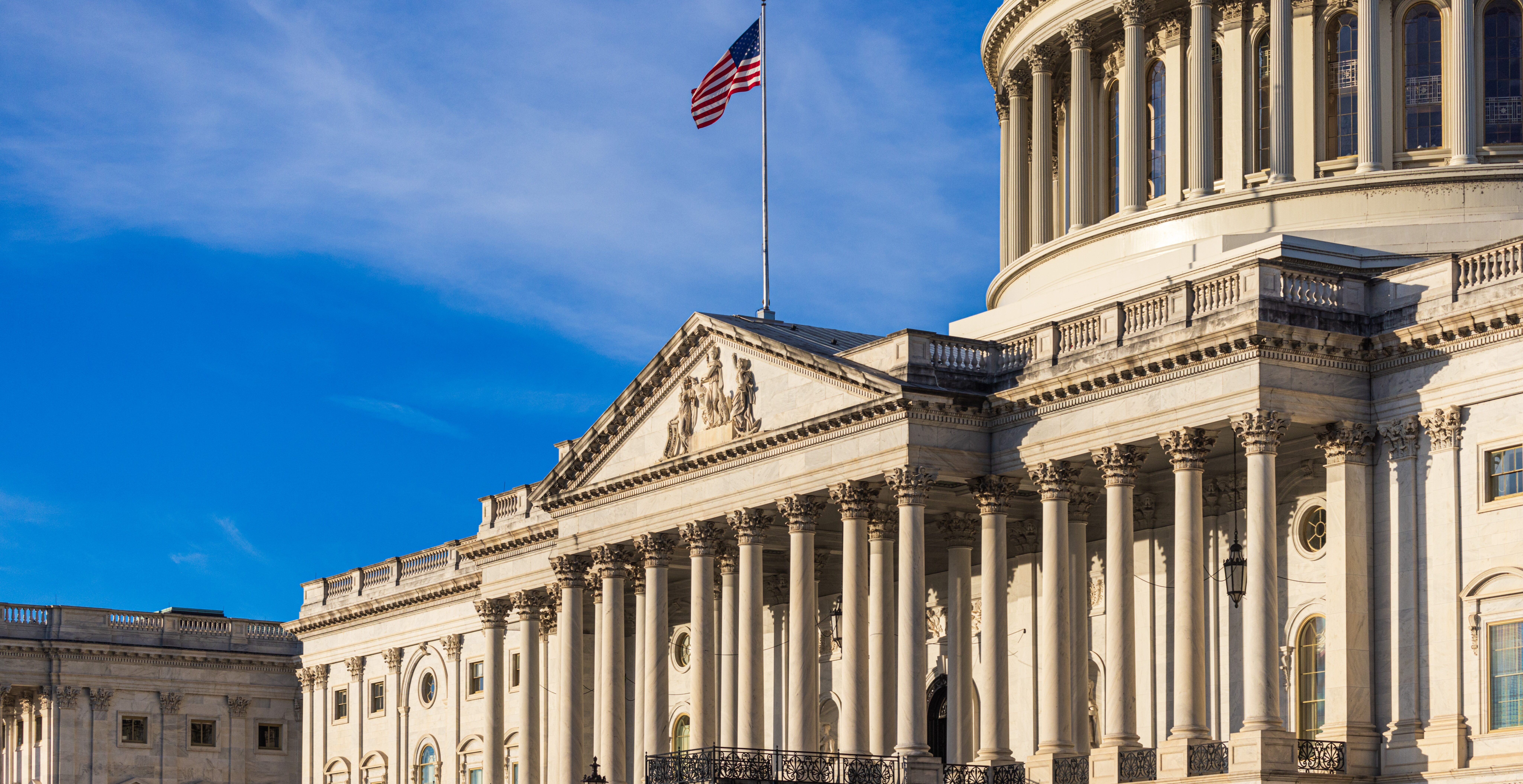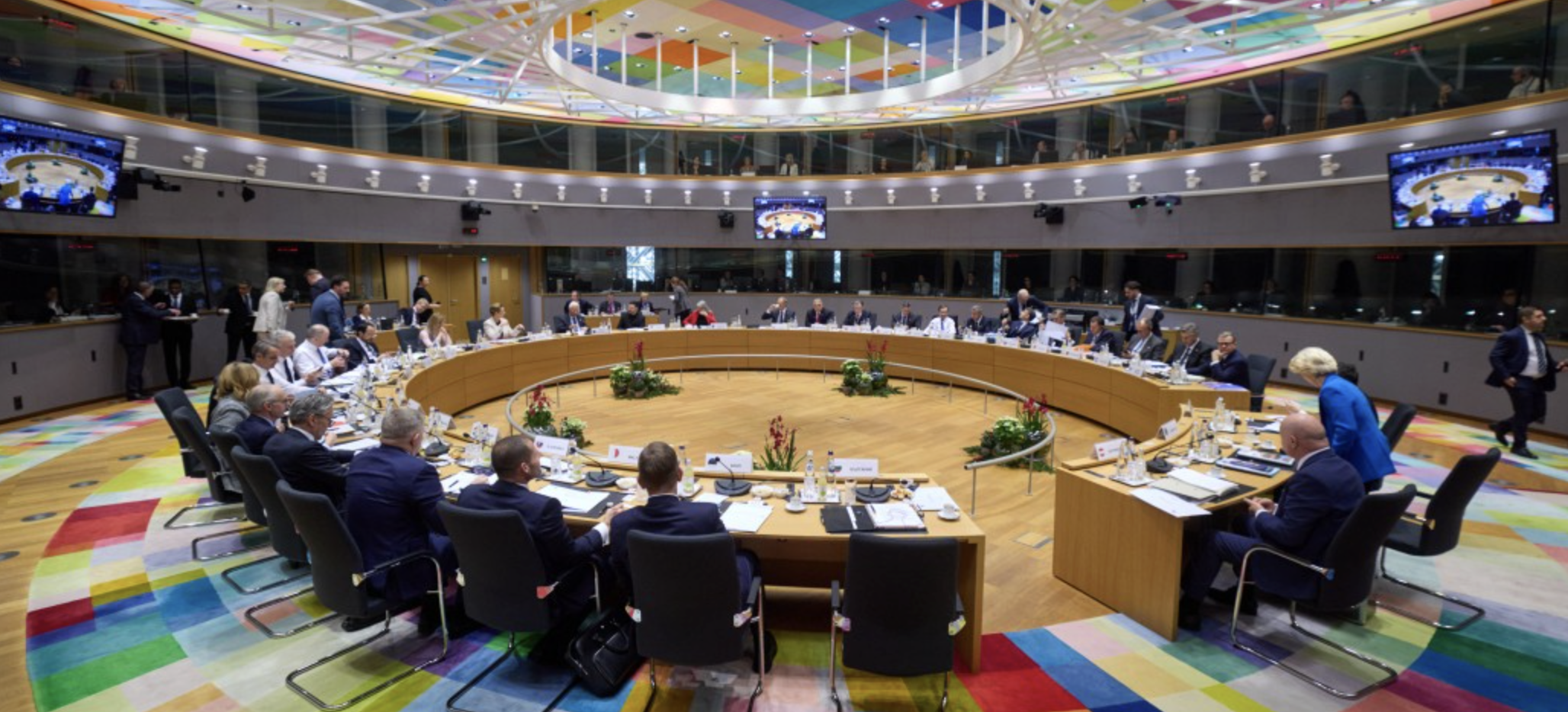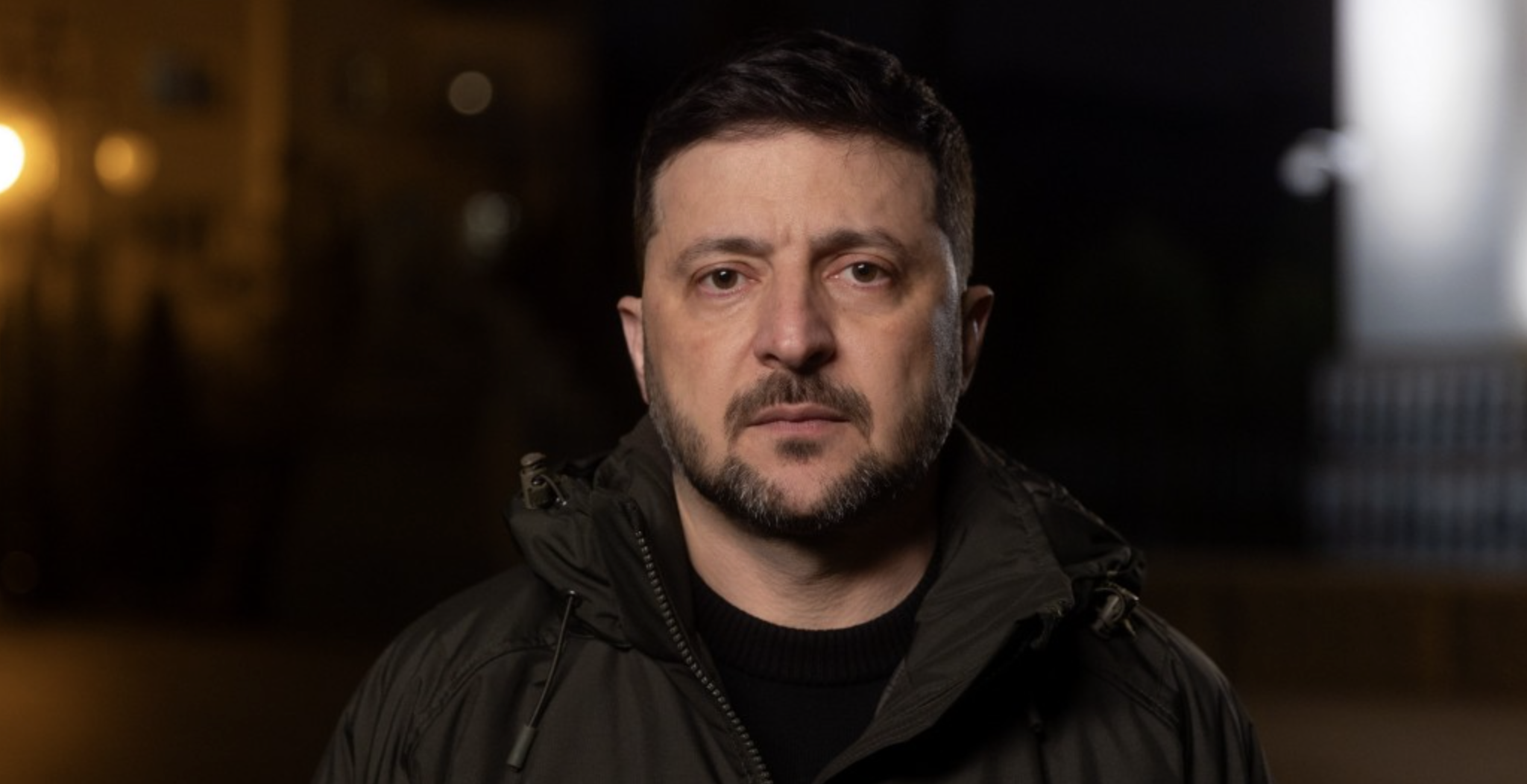
 by Stan Kutcher, independent senator for Nova Scotia and professor emeritus at Dalhousie University; Maria Popova, associate professor of political science at McGill University and director of the Jean Monnet Centre Montreal; and Ian Garner, assistant professor of totalitarian studies at the Pilecki Institute in Warsaw and fellow at the Centre for International and Defence Policy in Kingston, Ontario.
by Stan Kutcher, independent senator for Nova Scotia and professor emeritus at Dalhousie University; Maria Popova, associate professor of political science at McGill University and director of the Jean Monnet Centre Montreal; and Ian Garner, assistant professor of totalitarian studies at the Pilecki Institute in Warsaw and fellow at the Centre for International and Defence Policy in Kingston, Ontario.
Source: Policy Options, the digital magazine of the Institute for Research on Public Policy.
The emerging breadth and depth of Russian disinformation tactics represent a clear and present danger to Canadian sovereignty and freedom.
Just as troubling, some Canadians consider Canada immune to Russian propaganda. It’s a mistaken belief that only helps these disinformation campaigns spread and take root.
Modern-day Russian propaganda is relentless, pernicious and is widespread globally. It aims to dull critical thinking, divide society and undermine democracy. It challenges our commitment to open debate by replacing informed critical conversations with paid lies.
Media and social influencers, academics, journalists, community leaders, politicians and others are increasingly caught in the dragnet of these surreptitious tactics.
The many faces of Russian propaganda
Propaganda created or supported by the Kremlin and spread from within the West is a vital component of Russia’s war against Ukraine. It aims to sow confusion about who is to blame for the war and doubt about the effectiveness or desirability of western support for Ukraine.
Recent high-level warnings of Russian’s malicious actions include:
- Prime Minister Justin Trudeau’s recent statement under oath that Russia is directly funding the prominent American provocateur Tucker Carlson to promote disinformation.
- U.S. justice department revelations of the use of a Canadian-owned media company to spread Kremlin-generated propaganda.
- Witnesses appearing before a House of Commons committee to raise concern that some members of the Russian state-run Valdai Club might be working as Russian propagandists.
Many other examples abound.
Yet, it’s an open question of how well the Canadian public and some of the country’s political leadership understand what is happening.
Some visible forms of disinformation include angry online rants filled with outrageous and obvious lies about Russia’s war against Ukraine and bot and troll campaigns on social media.
But these are not the primary threat.
Rather, the Kremlin promotes a softer, more insidious approach that moves away from the sledgehammer to one based on the scalpel, which seeks to split open divides in western societies. This is achieved by funding content that appears domestic while furthering Moscow’s agenda and is unwittingly spread by those who don’t realize its origin and purpose.
A key issue we are facing in Canada is the difficulty distinguishing between Russian propaganda and well-informed, constructive debate. As propaganda gets absorbed into everyday discourse, our democratic debates are reframed and made increasingly inflammatory. Polarization occurs.
Moscow relentlessly exploits western citizens’ right to freedom of speech by insidiously inserting paid propaganda – chiefly into online networks – into those dialogues. Even for cultural, opinion, and political leaders, telling fact from fiction and propaganda from legitimate speech is not easy.
Unfortunately, pointing this out often raises angry and defensive responses among those who find meaning or belonging in online communities, and even from experts saturated with Russian misinformation. In turn, those who raise the issue can find themselves under attack and branded as opponents to free speech.
Safeguarding freedom of speech requires simultaneously preventing the distortion of facts targeted by Russian state-propaganda while fostering broad, vibrant, open, well-informed public conversation.
Cover: Chris Helgren/Reuters
